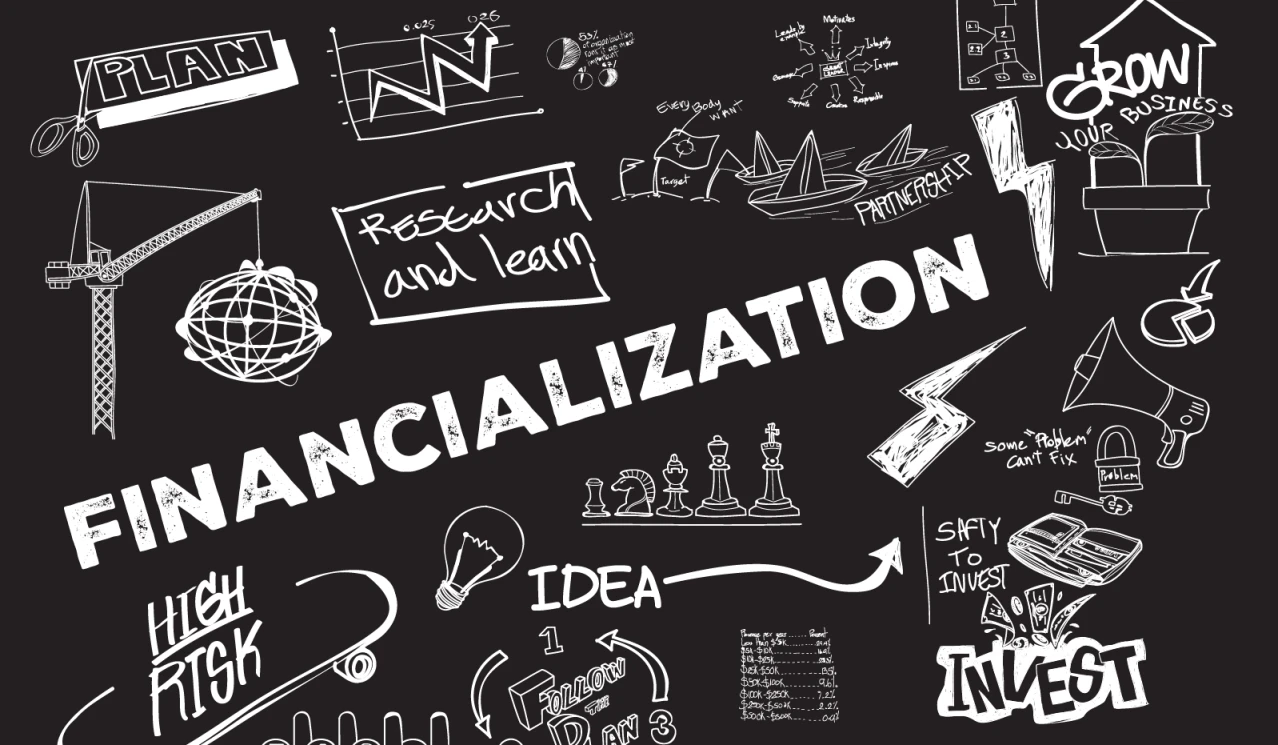While cautioning against excessive financialization, he also stated that the temptation of short-term gains in financial market can easily overshadow the long-term financial security of individuals.
What is Financialization?

- It refers to the increasing influence of financial motives, markets, instruments, actors, and institutions in both domestic and international economies.
- It also describes moving investments away from traditional, ‘physical’ asset (like real estate, gold) towards ‘financial assets’ (like mutual funds).
- Reckless financialization, however, can create systemic risks such as market volatility, increased debt and default risks, loss of trust, etc., as seen during the 2008 global financial crisis.
Reasons for rise in Reckless Financialization
- Excessive Credit Availability: Easy access to unsecured loans and margin trading fuels speculation.
- Derivative Euphoria: Complex financial instruments drive aggressive trading and market volatility.
- Proliferation of High-Frequency Trading (HFT): Algorithmic trading accelerates market movements, often beyond rational levels.
- Financial Illiteracy: Retail investors engage in speculation without understanding risks.
- Short-term Profit Focus: Quick gains overshadow long-term financial security.
- Technological Risks: AI-driven trading lacks explainability, increasing systemic risks.
- Peer Pressure in Retail Investing: Social media influences and ‘herd mentality’ push inexperienced investors into speculative trading.





